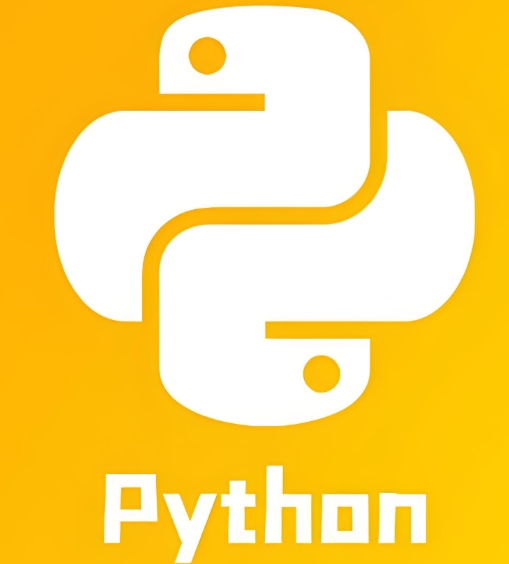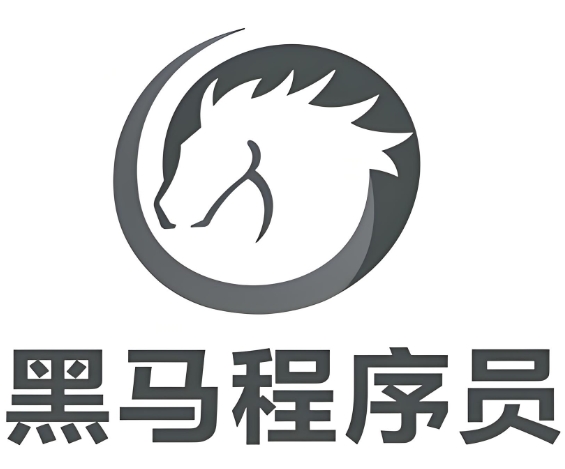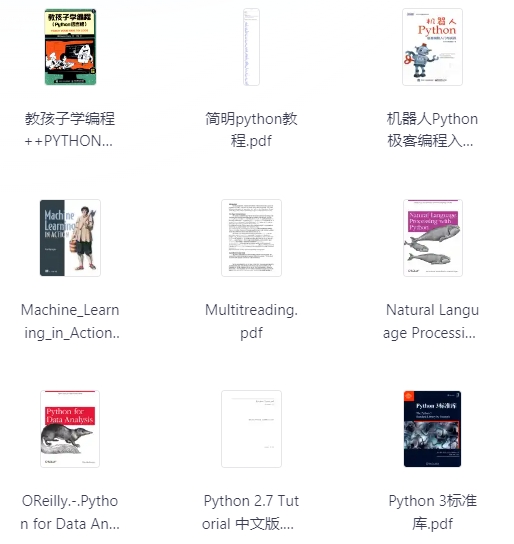python快捷键绑定,Readline 库的快捷键绑定和其它一些参数可以通过名为 ~/.inputrc 的初始化文件的替换命名来定制。快捷键绑定如下形式:
key-name: function-name
或者:
"string": function-name
选项可以如下设置:
set option-name value
例如:
# I prefer vi-style editing: set editing-mode vi # Edit using a single line: set horizontal-scroll-mode On # Rebind some keys: Meta-h: backward-kill-word "\C-u": universal-argument "\C-x\C-r": re-read-init-file
需要注意的是 Python 中默认 Tab 绑定为插入一个 Tab 字符而不是 Readline 库的默认文件名完成函数,如果你想用这个,可以将以下内容插入:
Tab: complete
到你的 ~/.inputrc 中来覆盖它(当然,如果你真的把 Tab 设置成这样,就很难在后继行中插入缩进。)。
自动完成变量和模块名也可以激活生效。要使之在解释器交互模式中可用,在你的启动文件中加入下面内容: [1]
import rlcompleter, readline
readline.parse_and_bind('tab: complete')
这个操作将 Tab 绑定到完成函数,故按 Tab 键两次会给出建议的完成内容;它查找 Python 命名、当前的局部变量、有效的模块名。对于类似 string.a 这样的文件名,它会解析 '.' 相关的表达式,从返回的结果对象中获取属性,以提供完成建议。需要注意的是,如果对象的 __getattr__() 方法是此表达式的一部分,这可能会执行应用程序定义代码。
更有用的初始化文件可能是下面这个例子这样的。要注意一旦创建的名字没用了,它会删掉它们;因为初始化文件作为解释命令与之在同一个命名空间执行,在交互环境中删除命名带来了边际效应。可能你发现了它体贴的保留了一些导入模块,类似 os ,在解释器的大多数使用场合中都会用到它们:
# Add auto-completion and a stored history file of commands to your Python
# interactive interpreter. Requires Python 2.0+, readline. Autocomplete is
# bound to the Esc key by default (you can change it - see readline docs).
#
# Store the file in ~/.pystartup, and set an environment variable to point
# to it: "export PYTHONSTARTUP=~/.pystartup" in bash.
import atexit
import os
import readline
import rlcompleter
historyPath = os.path.expanduser("~/.pyhistory")
def save_history(historyPath=historyPath):
import readline
readline.write_history_file(historyPath)
if os.path.exists(historyPath):
readline.read_history_file(historyPath)
atexit.register(save_history)
del os, atexit, readline, rlcompleter, save_history, historyPath




最新评论